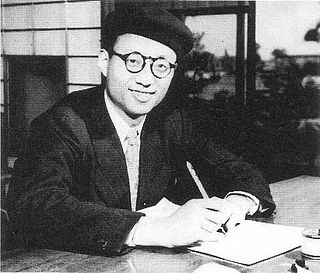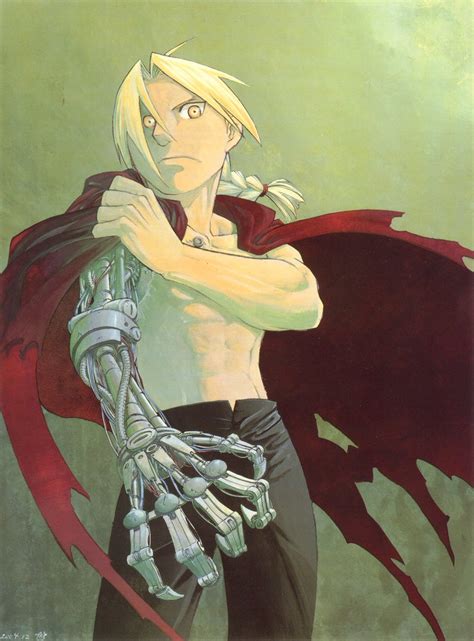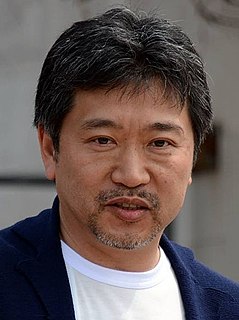A Quote by Takashi Miike
Manga, as a medium, is very different from cinema. Its creators are free to express themselves with harsh, cruel stories, and they enjoy vast distribution throughout Japan.
Related Quotes
I think that nationality has no relation to that which gives rise to manga. Even among the Japanese, manga creators are making their creations everyday reflecting their own individuality, with none being the same. What is important isn't the differences between the creators but their love for manga.
Contemporary art and manga - what is the same about them? Nothing, right? The manga industry has a lot of talented people, but contemporary art works on more of a solitary model. No one embarks on collaboration in contemporary art in order to make money. But in the manga world, everyone is invested in collaboration. The most important point is that the manga industry constantly encourages new creations and creators.
The thing is that I don't normally think in terms of manga when I'm writing. Sounds odd from someone who has is getting a reputation for doing manga related work. But I would say that my scripts are NOT manga at the stage of my writing process, they are just comic book stories in a more general sense.
A free culture supports and protects creators and innovators. It does this directly by granting intellectual property rights. But it does so indirectly by limiting the reach of those rights, to guarantee that follow-on creators and innovators remain as free as possible from the control of the past. A free culture is not a culture without property, just as a free market is not a market in which everything is free. The opposite of a free culture is a "permission culture" -- a culture in which creators get to create only with the permission of the powerful, or of creators from the past.
I'm very pessimistic about adaptations from one medium to another. I've got a very kind of primitive, Puritan view of it. I tend to think that if something was derived for one medium, then there's no real immediate reason to think that it's necessarily going to be as good or better if adapted into another one. There have been very good stage plays that have made some very good films. But there are not so many differences between the theater and the cinema as there are between the cinema and, say, reading a book or reading a comic.
One of the more problematic aspects of the current state of cinema in Japan is that the movies playing in the theaters are by and large made not by film studios but by broadcasting companies. They're either extensions of popular television dramas or adaptations of manga or anime. Younger Japanese are simply not being exposed to good films. That situation needs to change.





































